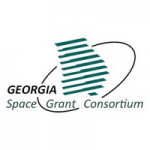
Program Type: Informal Education
State: Georgia
The project was designed to help advance and growth existing programming and create new programming under the SMART Academy Center of Excellence offerings. These programs included the Women in Science, Energy and the Environment, High Altitude Research Platform, 100 Black Men Project Success, Best Engineering Academy, M Agnes Jones Elementary, Marietta Center for Advance Academics, […]
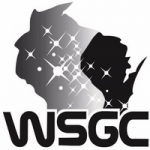
Program Type: Pre-College, Informal Education
State: Wisconsin
The primary purposes of the Aerospace Outreach Program will be to raise the general level of pre-college and public awareness in aerospace science, design, and technology in the state, and to increase interest, recruitment, and training of the next generation of students in the pursuit of NASA-related fields. The goal will be to support the […]
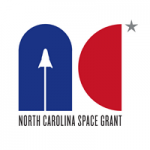
Program Type: Higher Education, Pre-College, Informal Education, Research Program
State: North Carolina
Reporting period covers Fall 2017, Spring 2018 and Summer 2018 semesters: Each Affiliate campus director at our 13 Affiliate institutions receives funds (called base funds) to manage the Space Grant program on their respective campuses. Funds are used to support student research, higher education projects, and precollege/informal education programs in their local communities. At the […]

Program Type: Informal Education
State: Georgia
The Looking Up: Expanding Local Horizons through Bradley Observatory project supports two programs related to astronomy outreach. K-12 Outreach: Bradley Observatory has had an active K-12 program for over two decades. Recently, the Observatory expanded its K-12 outreach program through school group visits to the Observatory and evening visits to local schools. This program is […]
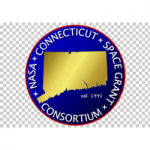
Program Type: Informal Education
State: Connecticut
The American Chemical Society is a student club at the University of New Haven that encourages undergraduate students to pursue chemistry education. Baccalaureate chemistry programs are utilized to allow students to attain the necessary skills for a professional. They often hold meetings with keynote speakers and allow open discussions on scientific topics.

Program Type: Informal Education
State: Wisconsin
The Wisconsin Space Conference is a one-day conference held at different member institutions each year to showcase the projects and research of WSGC award recipient as well as what is new in space research and development in Wisconsin and in the nation. Projected budget monies go directly to the host institution for expenses such as […]
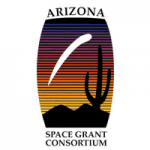
Program Type: Higher Education, Pre-College, Informal Education
State: Arizona
Arizona Space Grant Consortium Undergraduate Research Scholarships place students in mentored STEM and NASA-related research with faculty and research professionals on university campuses, in the local research sector and industry and occasionally, at NASA Centers. These opportunities inspire awardees into advanced degree programs, and ultimately into the American NASA STEM-related workforce. Mentored research experiences may […]
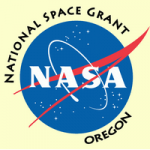
Program Type: Higher Education, Informal Education
State: Oregon
The Astronomer-in-Residence (AIR) program was implemented to address K-12, higher education and public requests for information/education surrounding the 2017 Solar Eclipse. The program has been maintained since the eclipse and AIRs continue to provide information for public awareness educational opportunities and events, and to field requests for astronomy-related inquiries. Astronomer in Residence Program: Two individuals […]
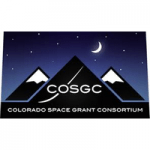
Program Type: Higher Education, Informal Education
State: Colorado
A couple years ago, ASU Space Grant what wholly focused on robotics. Over the past 2 years, the ASU Space Grant program has endeavored to become more comprehensive as it meets the needs of ASU undergraduates and the surrounding community. Part of this effort has been engaging STEAM projects – the addition of ARTS into […]
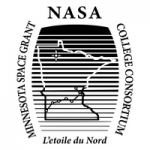
Program Type: Informal Education
State: Minnesota
This activity consists of the annual two-day Sverdrup Visiting Scientist Program (in January 2017), including meetings and a colloquium with undergraduates, faculty, and members of the larger Twin Cities academic community, and a public presentation. This is one of the very few public events in the Twin Cities that gives visibility to the MNSGC. We […]
